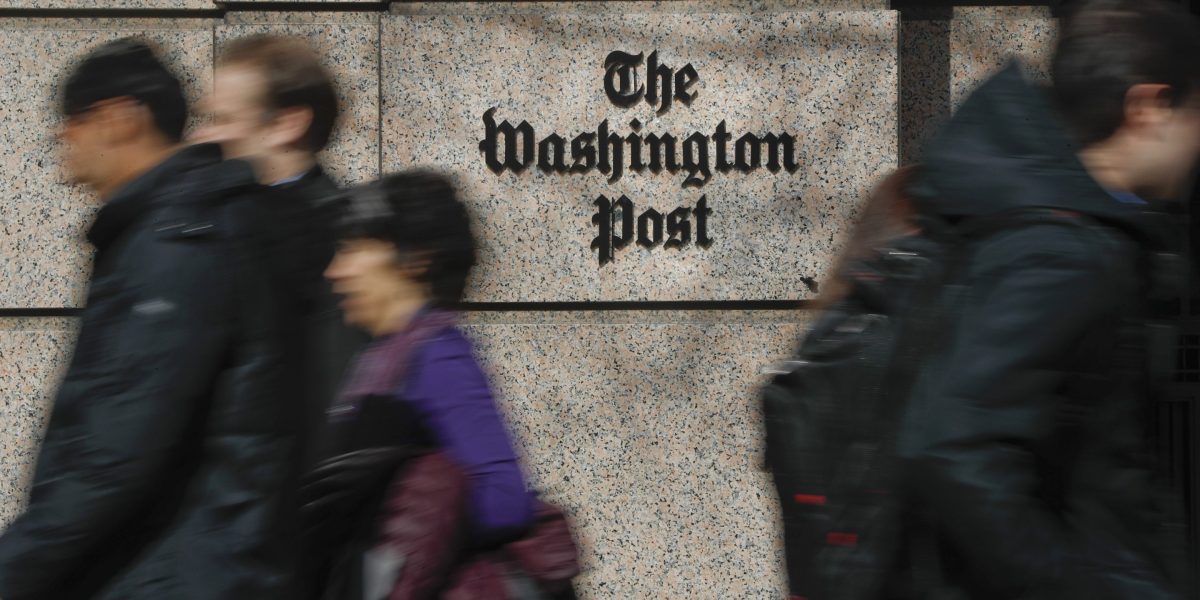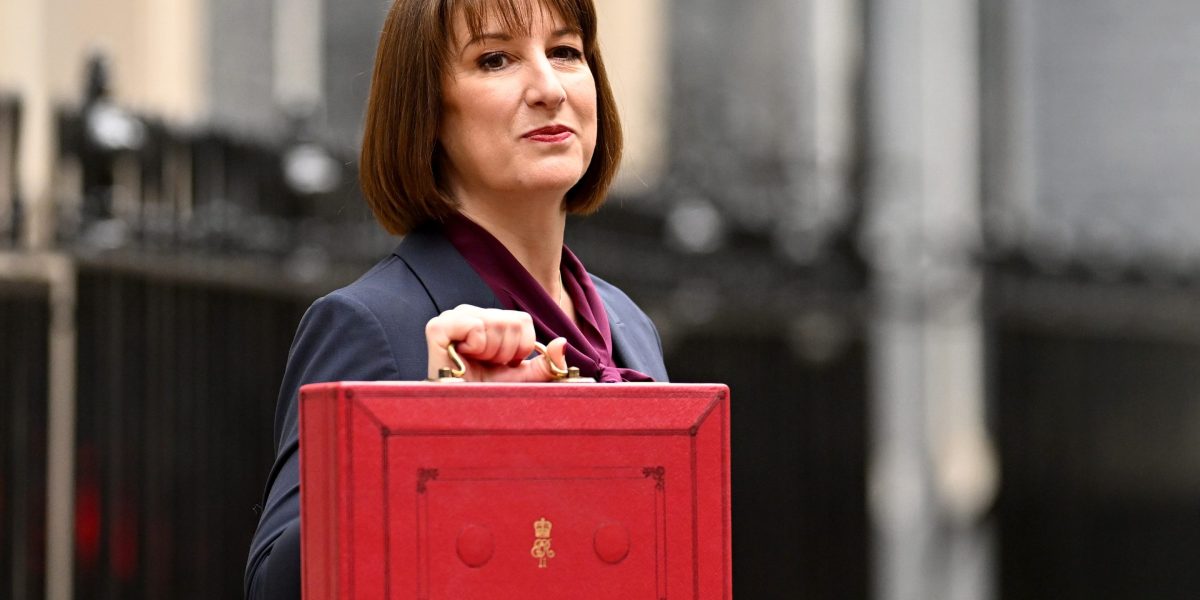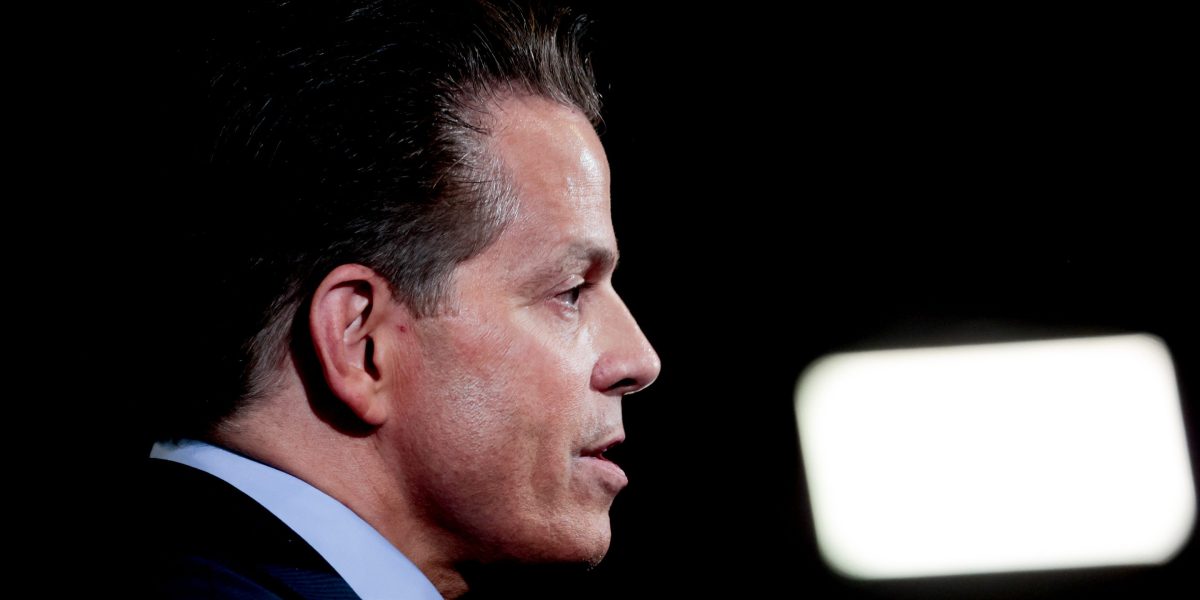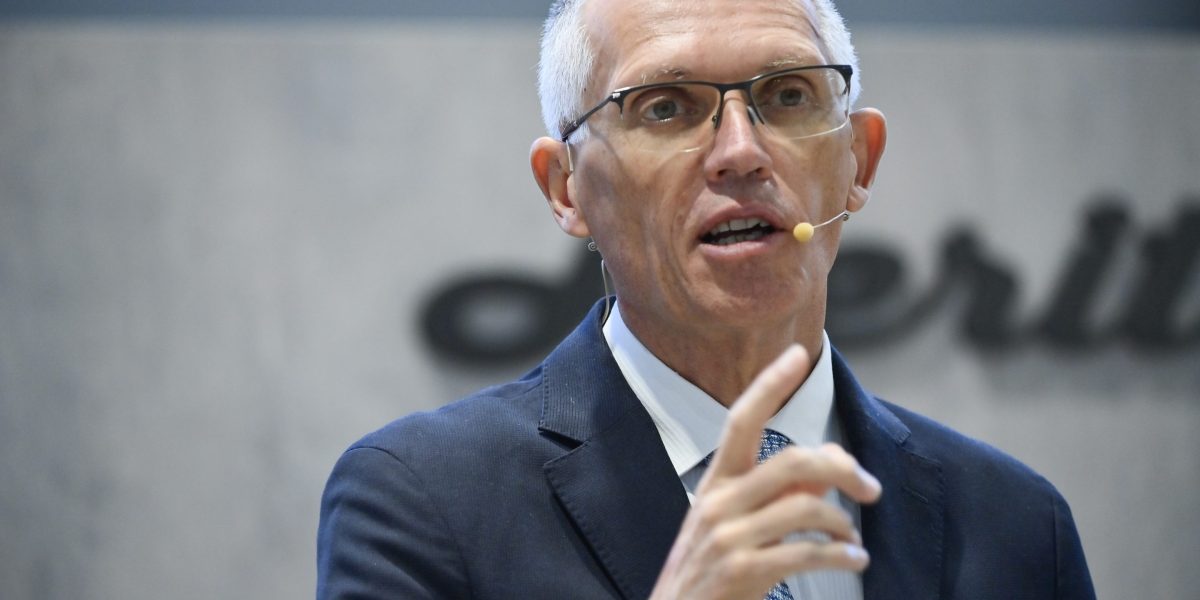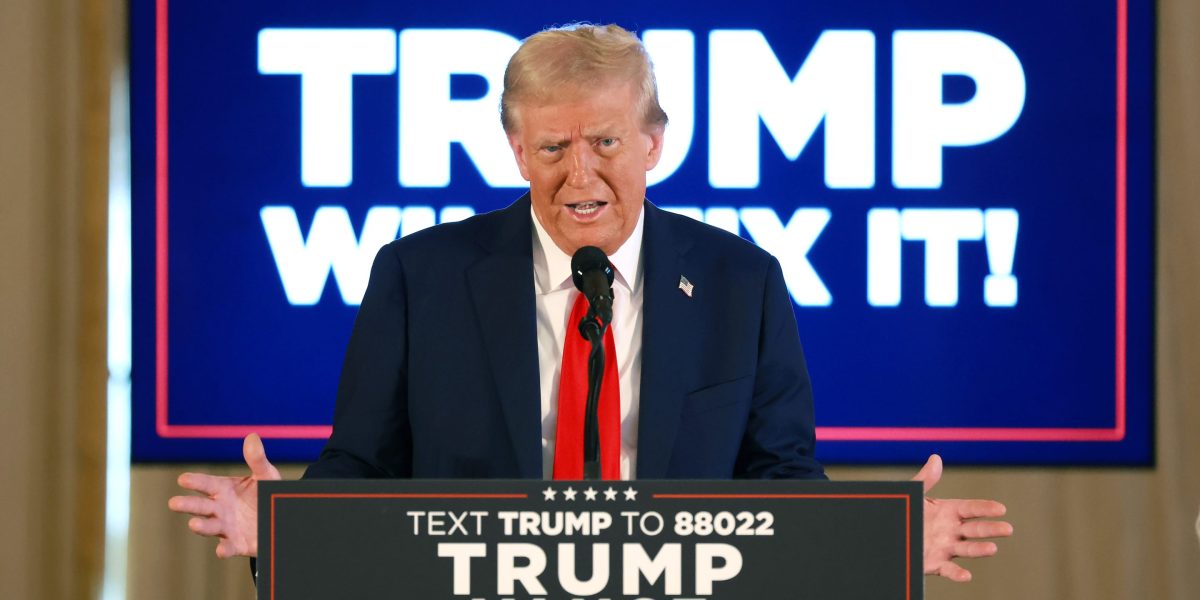
If former president and Republican nominee Donald Trump is elected next week, economists are betting that inflation will go up. Research firm Capital Economics plans to actually raise its interest rate forecast in such a scenario because its economist Thomas Ryan suspects the Federal Reserve’s reaction will be to pull back on slashing rates.
“If he is elected we’re going to raise our Fed funds forecast by about 50 basis points,” Ryan told me, referring to the interest rate at which banks and other institutions lend money to each other.
We’re a little less than a week away from the presidential election, and the housing world is still at a standstill. The two candidates have plans, or concepts of plans, for housing. But inflation plays a key role. It can push prices higher even while real estate serves as a hedge against it. The consumer price index rose just 2.4% in September from a year earlier, and that’s very close to the Fed’s target. Not to mention, the central bank entered into a cutting cycle that same month, slashing its key interest rate by 50 basis points. So you might think the worst is behind us, but it might not be.
In June, 16 Nobel-prize winning economists signed a letter expressing their concern that Trump’s proposals could reignite inflation. Earlier this month, 68% of economists surveyed by the Wall Street Journal said inflation would likely be higher under a Trump presidency. On the other hand, 12% said the same for a Kamala Harris presidency. Hot, hot inflation is kind of what got us in the mess, the frozen housing landscape that is. Home prices had already soared during the pandemic, but when inflation reached a four-decade high, pushing the Fed to aggressively raise interest rates, mortgage rates indirectly followed: the housing market was paralyzed.
If Harris were to win, the most likely scenario would be for the Senate to go Republican; if that occurs, “it’s the policy status quo,” Moody’s chief economist Mark Zandi told Fortune. “Nothing meaningful will change in terms of tax policy, spending policy, regulatory policy. So inflation in that status quo will be the same as it is right now, consistent with the Fed’s target.”
But if Trump were to win and serve another four years, it’ll more likely than not be a Republican sweep of the House and Senate, Zandi said. That means Trump will get his tax cuts, which Zandi said will be mostly deficit financed. In the case that it isn’t a sweep, Trump could still proceed with his tariff or immigration proposals because of executive order. “Inflation is very likely to be higher under Trump, under any scenario with regard to the makeup of government,” Zandi explained.
Ryan echoed Zandi; Trump’s proposed policies are inflationary, again particularly concerning tariffs, immigration, and tax cuts, he told Fortune. Trump has floated a 60% tariff on all Chinese imports and a universal 10% tariff on imports from all countries, for one. And mass deportation for undocumented people is pretty much all there is to his immigration policy, which takes away labor supply, Ryan said. “That’s why there’s a lot of chat about his second potential presidency being inflationary,” he explained. Still, Trump’s policies may be toned down depending on what Congress looks like.
Either way, the two economists agree that consumer prices would be higher under Trump. Well, that suggests the Fed’s first step would be to stop cutting interest rates. Zandi thinks the central bank will immediately pause its rate cuts if Trump wins to simply see what’ll occur. It is possible the Fed would raise rates again, if needed, but it’s more likely that it’ll hold off for a bit.
But because nothing would change if Harris were elected, per economists’ expectation, “the economy you have today is the economy you’ll have a year from now,” Zandi said. In Ryan’s mind, Harris’s “proposed policies aren’t anywhere near as inflationary,” but she has also mentioned deficit-funded spending. Still, he doesn’t see a Harris presidency pushing the Fed to change course.
That isn’t to say everything would be perfect if Harris were president; it won’t be, and housing will still be pretty stuck, maybe there’ll be a small recovery. Mortgage rates might come down a bit, too. However, the expectation of another Trump presidency is already taking effect, and may only worsen if he is elected.
In anticipation of the Fed’s first and only interest rate cut so far, mortgage rates plummeted. That is no longer the case. They’re back up: the latest daily reading for the average 30-year fixed rate came in at 7.09%. Some of it has to do with the “Trump trade,” Zandi said, “the expectation that he’s going to win, and that it will lead to higher inflation and bigger budget deficits. That’s already having an impact on mortgage rates.”
Ryan mentioned the “Trump trade,” too. With the betting odds of him rising, the 10-year treasury is as well, and that’s the thing that influences mortgage rates. It isn’t totally clear if it’ll continue to leap if Trump actually wins because some of that is being priced in as we speak—although it could happen. Not to mention, the market will also be eyeing at the makeup of Congress, and that could result in some fluctuations.
The higher mortgage rates become, or the longer mortgage rates are higher, the more locked the housing market will be. Not a lot of people are selling because who wants to give up their lower rate for a much higher one, not to mention at a time when prices are higher, too. That plus an existing shortfall of homes has made it almost impossible to buy a place for yourself. Higher mortgage rates, or even unchanged rates, won’t help. Sadly, if you missed the short-lived window before the Fed cut, you might not want to lock-in anytime soon. Any recovery we see in the housing world in the next year or two, “would be marginally more shallow in a Trump presidency,” Ryan explained.
Join business’s brightest minds and boldest leaders at the Fortune Global Forum, convening November 11 and 12 in New York City. Thought-provoking sessions and off-the-record discussions feature Fortune 500 CEOs, former Cabinet members and global Ambassadors, and 7x world champion Tom Brady–among many others.
See the full agenda here, or request your invitation.
